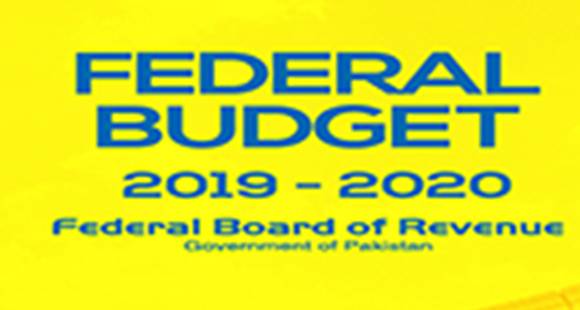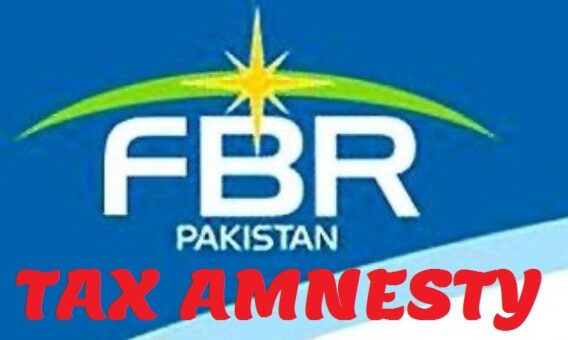ISLAMABAD: The income tax rules has described the procedure for a person to get registered as an informer with Federal Board of Revenue (FBR) in order to provide information of tax evasion and get reward as per law.
The tax officials said that Income Tax Rules, 2002 has explained the criteria for a person to become informer.
According to the rules, a person, other than a lunatic or idiot, may be registered as informer, if he fulfills the criteria of whistleblower as defined in the tax laws.
A registered informer shall be liable to de-registration on such condition to be recorded in writing and as may be deemed fit by Chief Commissioner, member or Director General, as the case may be.
Registration of informer
(1) Subject to section 227B of the Income Tax Ordinance 2001 (XLIX of 2001), section 72D of the Sales Tax Act, 1990 and section 42D of the Federal Excise Act, 2005, as the case may be, any person desirous of getting himself registered as an informer may make an application to the Chief Commissioner for registration under this rule.
(2) The application under sun-rule (1) shall be in the prescribed form and shall be verified in the prescribed manner.
(3) The application shall be accompanied by the following documents, namely.-
(a) copy of the Computerized National Identity Card of the applicant;
(b) copy of national tax number (NTN) certificate; and
(c) a duly sworn in affidavit stating therein that the information being provided is correct and nothing has been concealed there from and that in case any incorrect information is provided or any information is concealed he shall be liable to penal action under the laws for the time being in force.
Submission of information and further action thereupon
(1) An informer shall submit any information regarding concealment or evasion of tax leading to detection or collection of taxes, fraud, corruption or misconduct that is in his possession to the Chief Commissioner giving precise details of the alleged act along with all supporting evidences that are in his possession:
Provided that no information shall be entertained unless it gives precise details of the alleged act and is accompanied with the supporting evidences.
(2) On receipt of the information, the Chief Commissioner shall scrutinize the information and forward it to the concerned Commissioner.
(3) On receipt of the information from the Chief Commissioner, the concerned Commissioner shall conduct such further enquiry as he may deem fit and submit his report to the Chief Commissioner.
(4) On completion of the enquiry, the concerned Commissioner shall take such further action as may be required under the tax laws or any other law for the time being in force, as may be necessary on the basis of the facts of the case, and furnish his report to the Chief Commissioner.
(5) Notwithstanding anything contained in these rules, an informer, who −
(a) has knowingly provided false information under these rules; or
(b) has provided the information under these rules with the intention to intimidate or blackmail a person, or to bring him into disrepute, or to otherwise cause him financial loss, shall be liable to punishment and fine under the tax laws and other laws for the time being in force.





